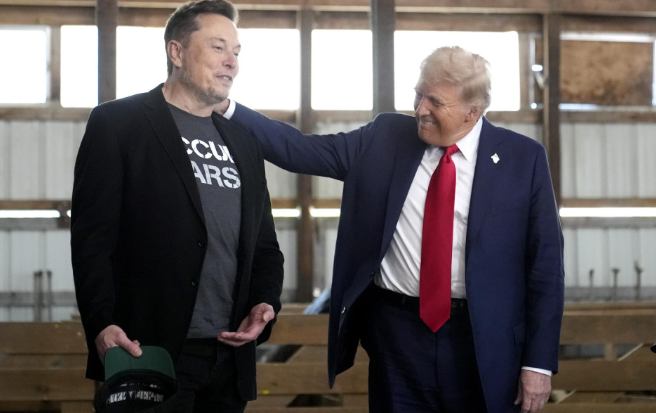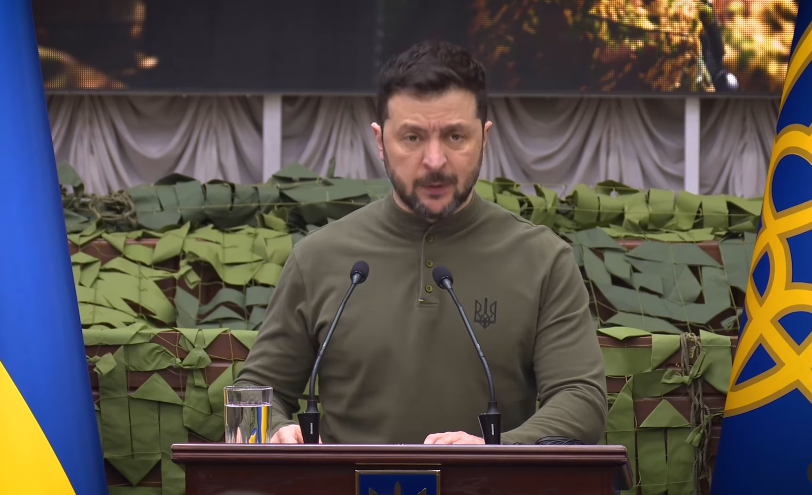[ad_1]
The state of Hawaii renewed its bid to narrow President Donald Trump’s temporary travel ban, following court rulings which said the state had taken the wrong procedural approach in attempts to challenge the administration’s policy earlier this week.
In a court filing late on Friday, Hawaii’s attorney general asked a Honolulu judge to issue an injunction allowing grandparents and other family members to travel to the United States.
The U.S. Supreme Court last month let the ban on travel from six Muslim-majority countries go forward with a limited scope, saying it could not apply to anyone with a credible “bona fide relationship” with a U.S. person or entity.
The Trump administration then decided that spouses, parents, children, fiancés and siblings would be exempt from the ban, while grandparents and other family members traveling from Iran, Libya, Somalia, Sudan, Syria and Yemen would be barred.
Trump said the measure was necessary to prevent attacks. However, opponents including states and refugee advocacy groups sued to stop it, disputing its security rationale and saying it discriminated against Muslims.
Earlier this week Hawaii had asked a Honolulu judge for a court order clarifying the Supreme Court’s ruling to allow grandparents into the United States. The judge, along with the 9th U.S. Circuit Court of Appeals, ruled that the lower courts did not have the power to simply clarify the Supreme Court’s opinion.
However, the 9th Circuit on Friday said the courts could issue an injunction against Trump’s policy in the future, if the government misapplied the Supreme Court’s ruling to a particular person or entity harmed by the travel ban.
Hours after that ruling, Hawaii made such an injunction request in a Honolulu federal court. Hawaii said the state itself, along with resettlement agencies, are harmed by Trump’s guidelines because they are prevented from helping refugees move there.
A Justice Department spokeswoman could not immediately be reached for comment.
The roll-out of the narrowed version of the ban was more subdued last week than in January when Trump first signed a more expansive version of the order. That sparked protests and chaos at airports around the country and the world.
(Reporting by Dan Levine in San Francisco; Editing by Mary Milliken)
[ad_2]
Source link






Leave a Reply